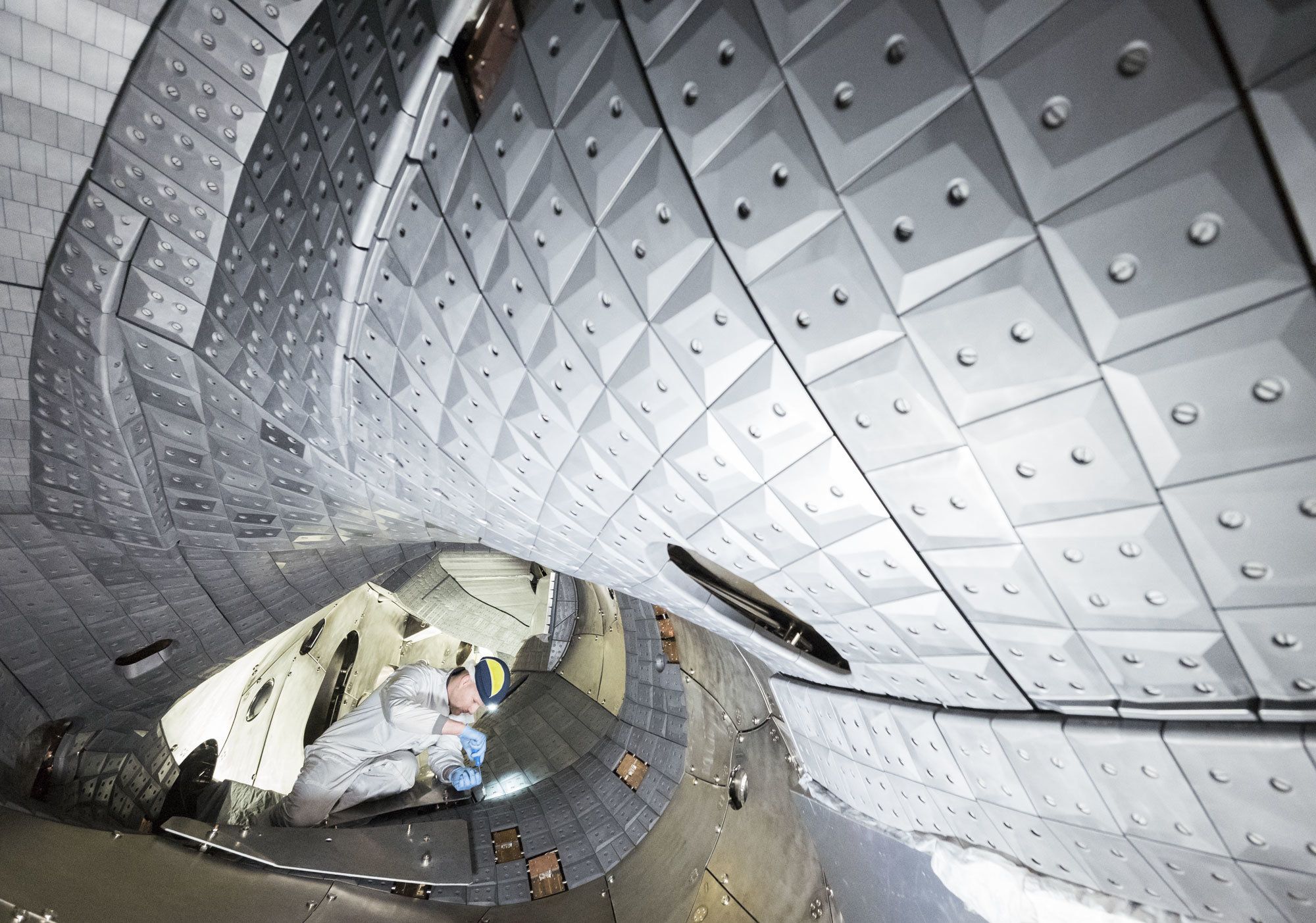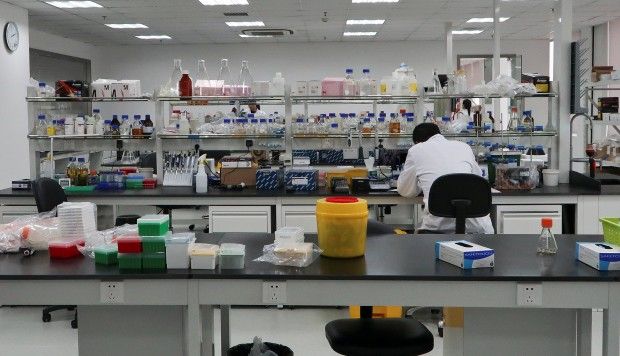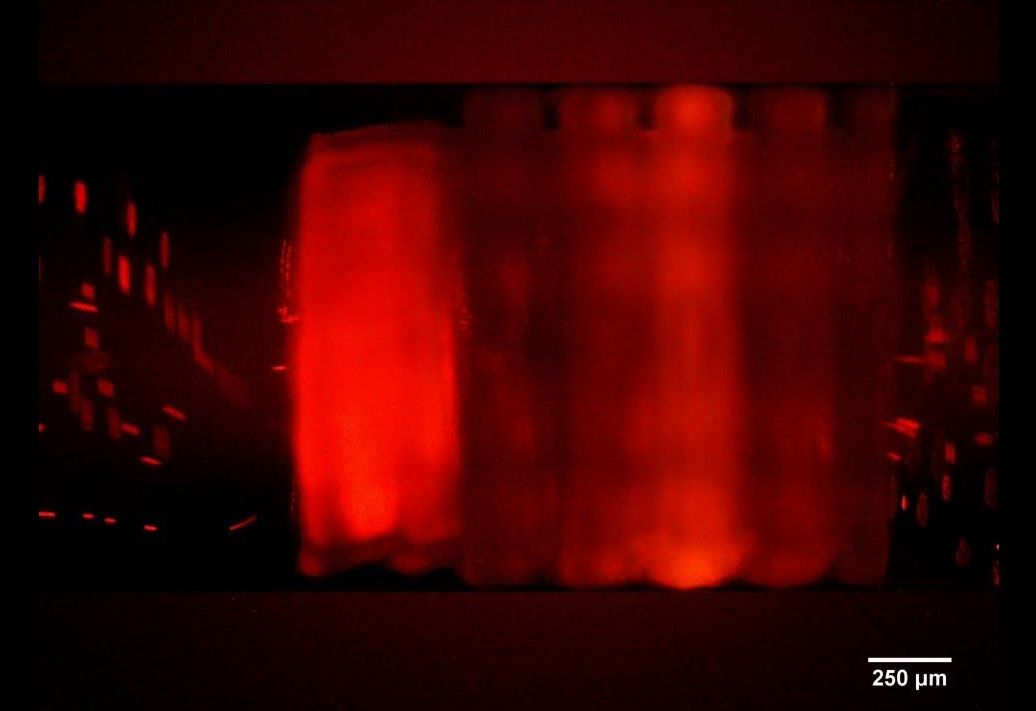
Behind all this is a change in the way a lot of journals make their money. Over the past decade, many have stopped selling subscriptions. Instead, they charge authors a publication fee and permit people to read the result for nothing. This “open access” business model has the advantage of increasing the dissemination of knowledge, but it also risks corrupting the knowledge thus disseminated.
WHETHER to get a promotion or merely a foot in the door, academics have long known that they must publish papers, typically the more the better. Tallying scholarly publications to evaluate their authors has been common since the invention of scientific journals in the 17th century. So, too, has the practice of journal editors asking independent, usually anonymous, experts to scrutinise manuscripts and reject those deemed flawed—a quality-control process now known as peer review. Of late, however, this habit of according importance to papers labelled as “peer reviewed” has become something of a gamble. A rising number of journals that claim to review submissions in this way do not bother to do so. Not coincidentally, this seems to be leading some academics to inflate their publication lists with papers that might not pass such scrutiny.
Experts debate how many journals falsely claim to engage in peer review. Cabells, an analytics firm in Texas, has compiled a blacklist of those which it believes are guilty. According to Kathleen Berryman, who is in charge of this list, the firm employs 65 criteria to determine whether a journal should go on it—though she is reluctant to go into details. Cabells’ list now totals around 8,700 journals, up from a bit over 4,000 a year ago. Another list, which grew to around 12,000 journals, was compiled until recently by Jeffrey Beall, a librarian at the University of Colorado. Using Mr Beall’s list, Bo-Christer Björk, an information scientist at the Hanken School of Economics, in Helsinki, estimates that the number of articles published in questionable journals has ballooned from about 53,000 a year in 2010 to more than 400,000 today. He estimates that 6% of academic papers by researchers in America appear in such journals.
Continue reading “Some science journals that claim to peer review papers do not do so” »

















